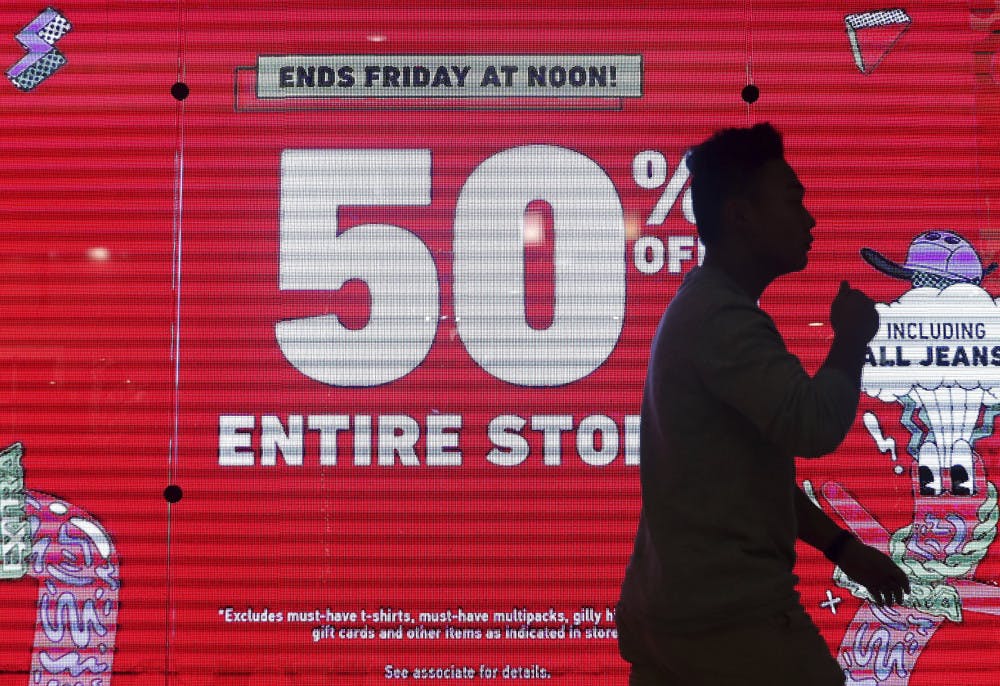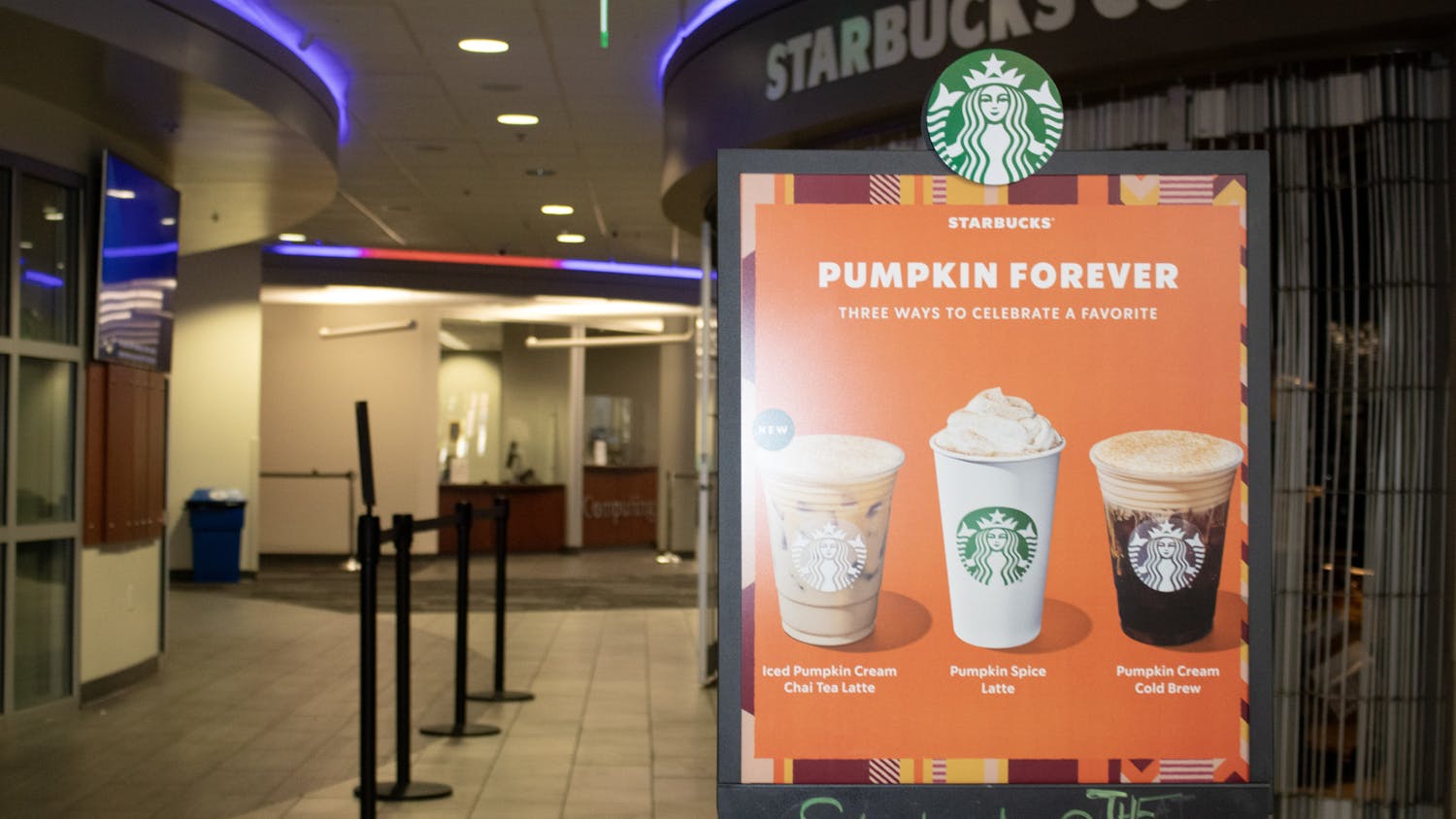Last week saw the repetition of what is now a tradition in the U.S.’ consumer culture: Black Friday. We all know what Black Friday looks like: mobs of people in a store rushing for extraordinary deals, people camping outside to get first dibs on a cheap TV or appliance and poor employees enduring all the madness. However, while this chaotic scene may have once had some appeal, time, the evolution of the Internet and our growing awareness of environmental and consumer issues is making Black Friday an irrelevant celebration. It’s time to acknowledge that.
In the past, Black Friday had great practical and symbolic importance. Black Friday was traditionally the start of the Christmas shopping season, with stores offering their first holiday special deals. And at the time, there was no place better to shop for Christmas gifts and supplies than your local department store or mall.
Black Friday was once a momentous milestone, but no longer. Shopping for Christmas is shifting away from in-person retail to online shopping, which either offers deals throughout the weekend or on Cyber Monday. Black Friday deals aren’t as extraordinary, and the start of the Christmas shopping season? Don’t make me laugh! Companies now begin Christmas advertising earlier, stores play Christmas jingles sooner and some retailers don’t even wait until after Halloween to put up Christmas merchandise, let alone after Thanksgiving.
In addition, there are societal repercussions to Black Friday. Recently, environmental activists have seen Black Friday as a symbol of the U.S.’ culture of consumption. On Black Friday, the hashtag #BuyNothingDay was popular on Twitter. Black Friday critics explained the hashtag represented their “environmental concerns, unwillingness to support multinational retailers, and disillusionment with consumerism” according to Business Insider. While some might argue that not buying anything on Black Friday would be a bit extreme, the broader point remains: Black Friday is a consumerist event that reinforces the power of multinational corporations which have been at the center of much controversy in recent years.
So for next year, I’d like to propose alternatives to Black Friday shopping. If you’re uncomfortable with corporate retailers, don’t like the environmental impact of Black Friday or are simply annoyed with how Black Friday has been diluted, consider looking to small businesses. Instead of going to Starbucks for a coffee and buying a product at Walmart, stop in your local coffeehouse and then buy a craft from a family-owned store. Alternatively, buy items used (such as clothing from Goodwill or another thrift store) instead of purchasing objects new; you’ll be saving money and s the planet!
Lastly, experiences are often more valuable than products. Instead of buying your cousin a fancy gaming console or a shiny toy, take him to a state park or local festival. Even a more commercial experience like a day at the arcade can create lasting memories. In the end, Black Friday shouldn’t be about getting the best deals or beating the crowd. It should be about enjoying yourself and creating positive experiences in a healthy and sustainable way.
Jason Zappulla is a UF history senior
A shopper passes in front of a large advertisement on Black Friday at the Fox River Mall on Friday, Nov. 29, 2019, in Grand Chute, Wis. (Wm. Glasheen/The Post-Crescent via AP)






